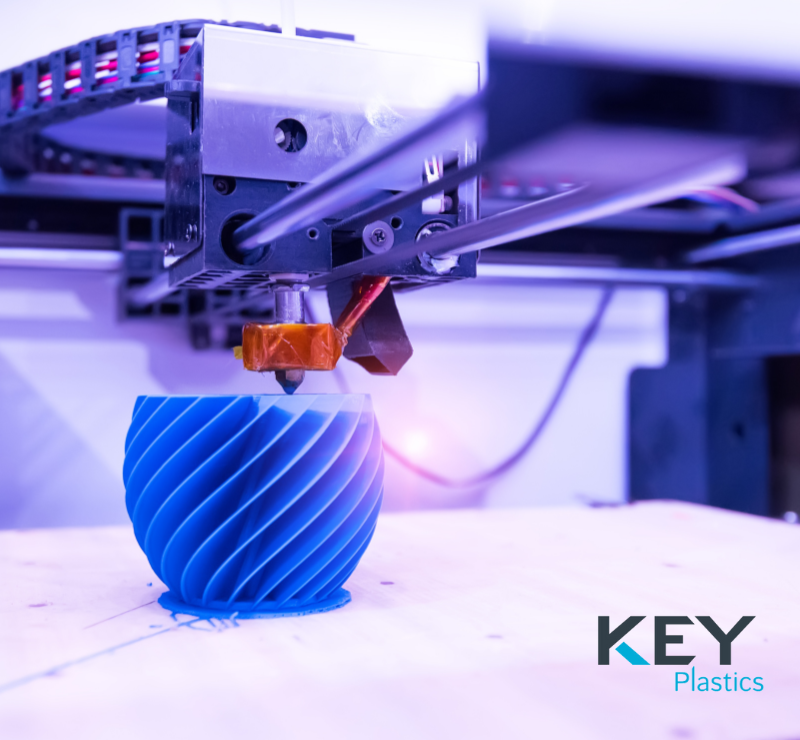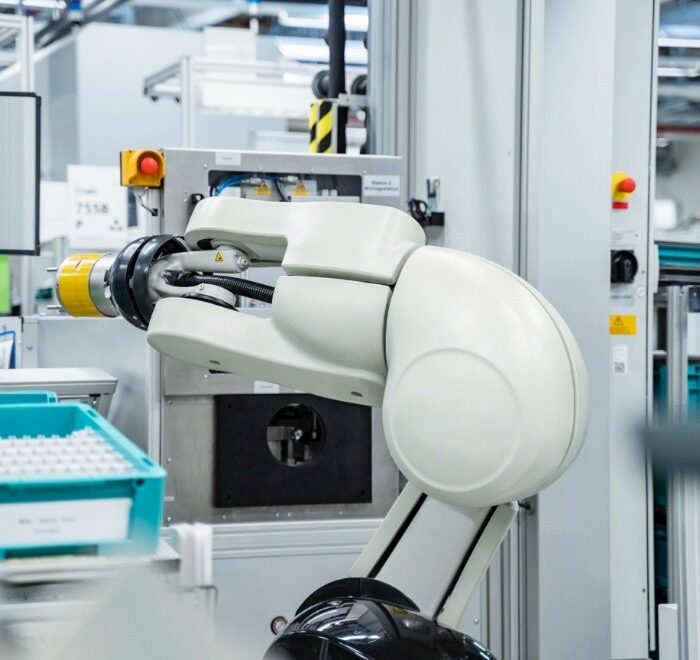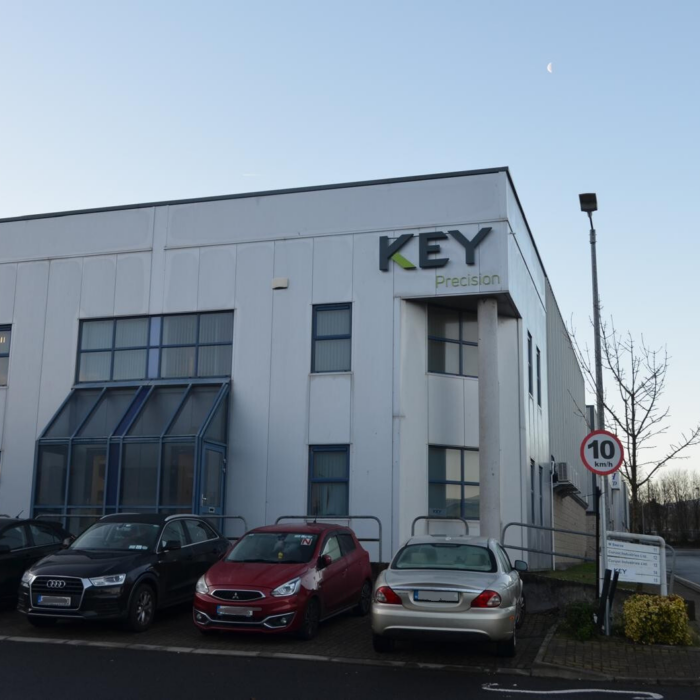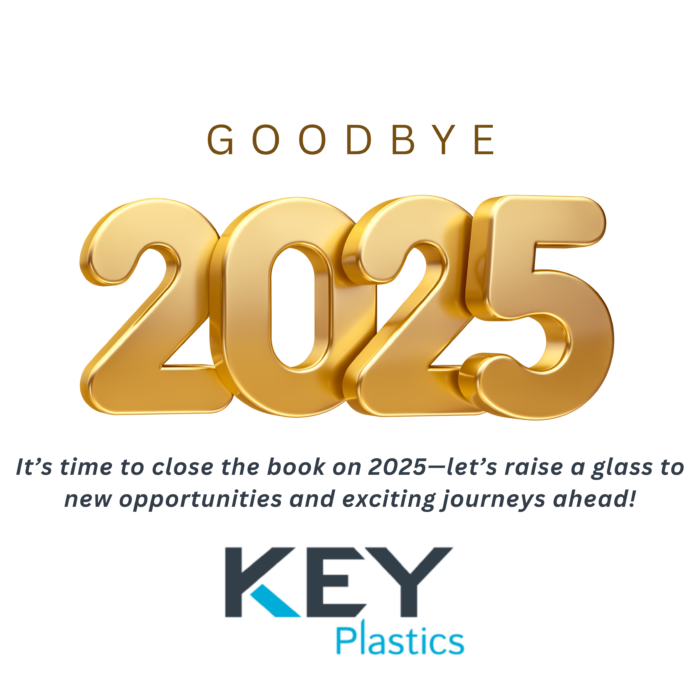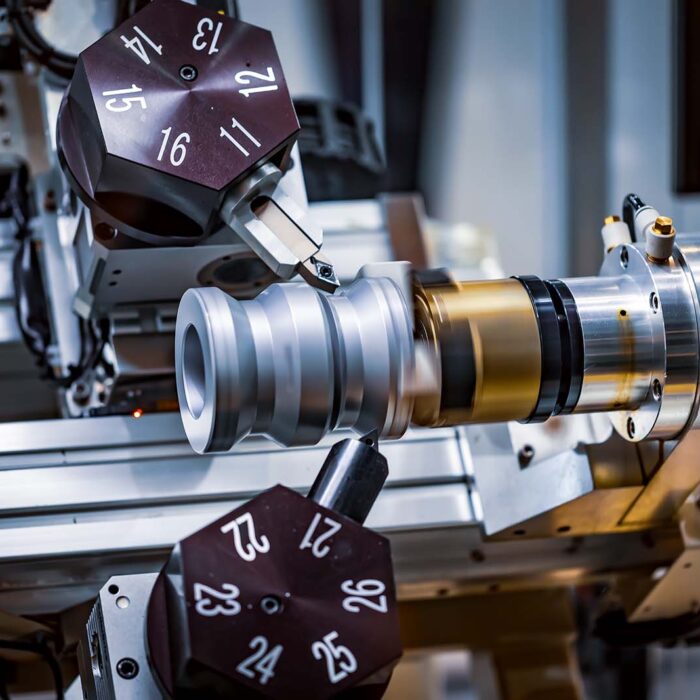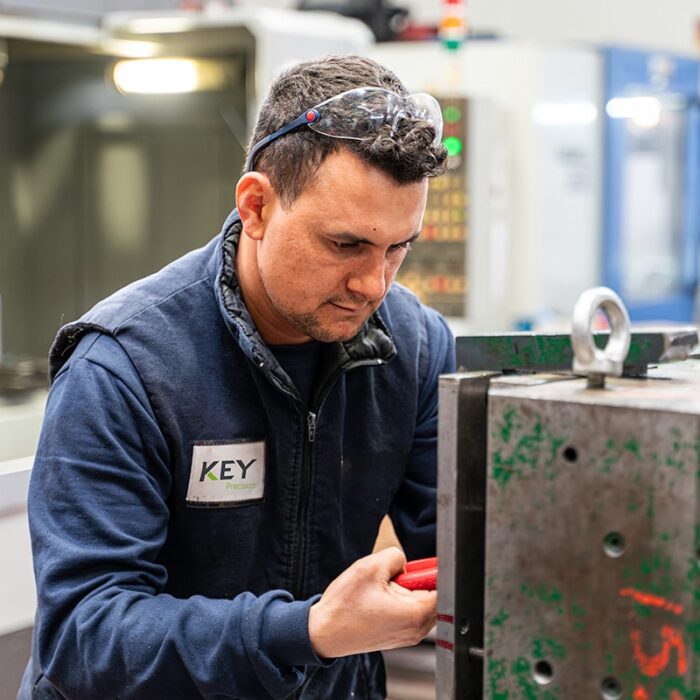3D printing has rapidly evolved from a niche technology into a cornerstone of modern manufacturing. Among its many applications, one area where it has made a particularly significant impact is in plastic prototyping. For Irish businesses and innovators, this advancement represents a powerful tool that is reshaping the way products are designed, tested, and brought to market.
The Rise of 3D Printing in Ireland
Ireland has long been a hub for high-tech industries, particularly in pharmaceuticals, medical devices, and engineering. As these sectors continue to expand, the need for rapid, cost-effective prototyping has grown in tandem. Enter 3D printing—a technology that offers a solution to many of the challenges associated with traditional manufacturing methods.
3D printing enables the creation of physical objects from digital designs by layering materials, typically plastics, one thin layer at a time. This process contrasts with traditional methods, where material is removed from a solid block to achieve the desired shape. The versatility of 3D printing allows to produce complex geometries that would be difficult, if not impossible, to achieve with conventional techniques.
Accelerating Innovation with Plastic Prototyping
One of the primary benefits of 3D printing in plastic prototyping is its ability to accelerate the product development cycle. Traditionally, creating a prototype could take weeks or even months, especially when outsourcing to specialized manufacturers. With 3D printing, Irish companies can produce prototypes in-house, often within hours or days. This speed enables designers and engineers to quickly iterate on their designs, adjusting and improvements without the long lead times associated with traditional prototyping.
Cost-Effective Prototyping for Irish SMEs
For small and medium-sized enterprises (SMEs) in Ireland, cost is often a critical factor in product development. Traditional manufacturing methods, such as injection moulding, require expensive tooling and setup costs, which can be prohibitive for small-scale production or prototyping. 3D printing eliminates the need for these costly moulds and allows to produce prototypes at a fraction of the cost.
Environmental Considerations
As the world moves towards more sustainable practices, the environmental impact of manufacturing processes is increasingly scrutinized. 3D printing offers some environmental benefits, particularly in the context of plastic prototyping. Traditional manufacturing often involves significant material waste, as excess material is removed during the production process. In contrast, 3D printing is an additive process, meaning that material is only used where necessary, resulting in less waste.
Challenges and Future Prospects
While 3D printing offers numerous advantages, it is not without its challenges. The quality and durability of 3D-printed plastic parts may not yet match those produced by traditional methods, particularly for end-use products. However, ongoing advancements in materials and printing technology are steadily closing this gap.
Moreover, as 3D printing becomes more widespread, the need for skilled professionals who understand both the technology and the principles of design for additive manufacturing will grow. Ireland’s educational institutions are already responding to this need, with universities and technical institutes offering courses and research opportunities in 3D printing and related fields.
Looking forward, the role of 3D printing in plastic prototyping is set to expand even further. As the technology continues to evolve, it will unlock new possibilities for Irish businesses, from mass customization to the creation of entirely new product categories. For a country known for its innovation and adaptability, 3D printing offers a powerful tool to drive the next wave of industrial growth.
Conclusion
3D printing has firmly established itself as a critical component of modern plastic prototyping, offering Irish businesses unprecedented speed, flexibility, and cost-effectiveness. As the technology continues to advance, it will undoubtedly play an even more significant role in shaping the future of manufacturing in Ireland. For companies across the country, from startups to established enterprises, embracing 3D printing could be the key to unlocking new levels of innovation and competitiveness on the global stage.

